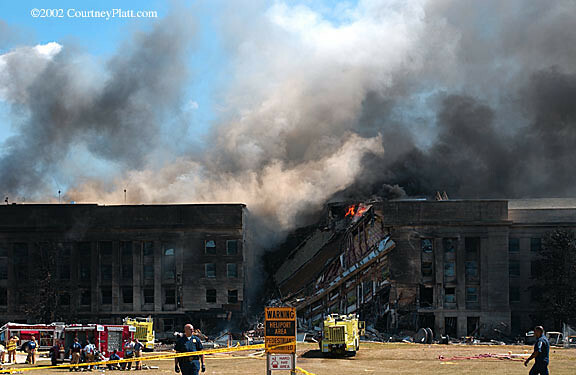Political Mindset in the United States Following September 11, 2001
Not only did the terrorist attacks from September 11, 2001 greatly affect American mindset and thought, it affected political mindset as well. New policies, legislation, defense, and funding in terms of terrorism, immigration, and military became affected by the American mindset after 9/11. According to Leonie Huddy and Stanley Feldman, there came a conservative shift in the political mindset following 9/11--there was a shift toward support of a stronger international military as well as a shift toward support of more restrictive domestic policies (especially those dealing with immigration).6 Moreover, in their pursuit of eliminating Osama Bin Laden, the United States became greatly involved in foreign wars in places like Afghanistan and Iraq.7 Only recently has the United States been slowly disengaging from these events.8
Perceived threat from terrorists became a driving force in informing political policies and practicies.9 Arab migrants and visitors to the United States faced stricter security checks and were often placed under surveillance.10 Americans who perceived future terrorist attacks supported actions for stronger United States foreign policy--particularly in terms of intervening in Afghanistan and Iraq.11 Additionally, Americans who perceived future threat also supported strenghtening of national security monitoring such as monitoring Americans' electronic devices, increasing surveillance on Arab Americans, and strengthening restrictions on foreign students acquirng visas.12
6. Leonie Huddy and Stanley Feldman, “Americans Respond Politically to 9/11: Understanding the Impact of the Terrorist Attacks and Their Aftermath.,” American Psychologist 66, no. 6 (2011): pp. 455.
7. Ibid, pp. 455-456.
8. Ibid, pp. 455-456.
9. Ibid, pp. 459.
10. Ibid, pp. 459.
11. Ibid, pp. 456-460.
12. Ibid, pp. 460.
